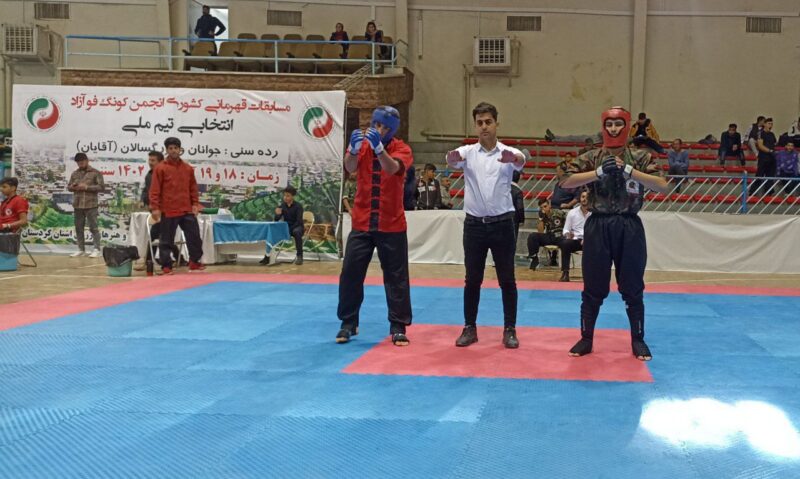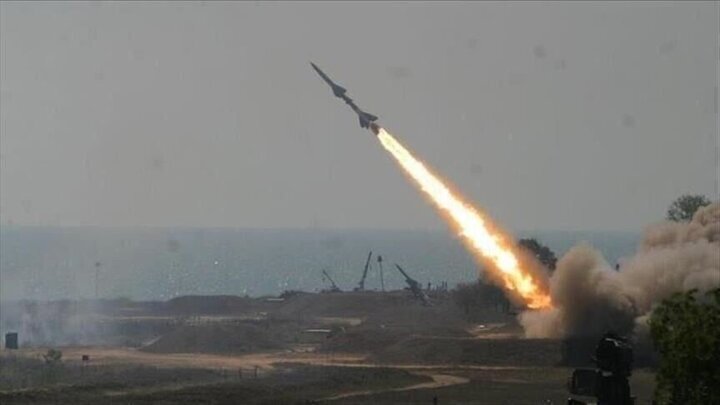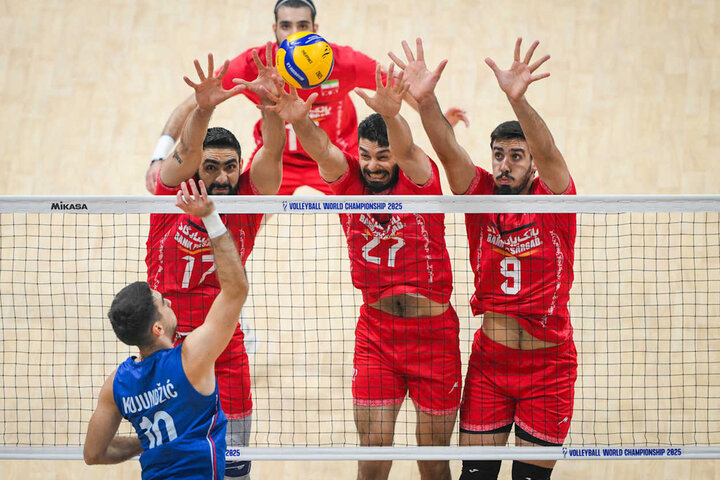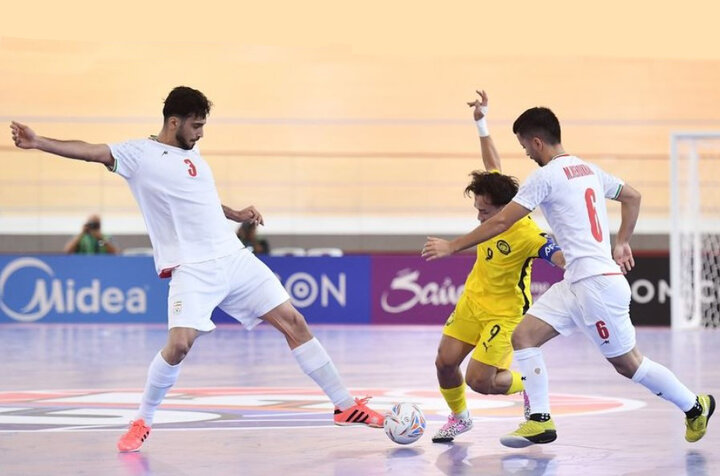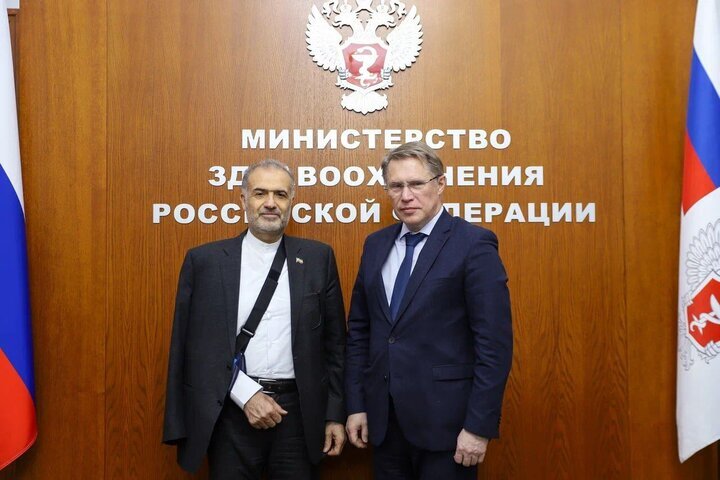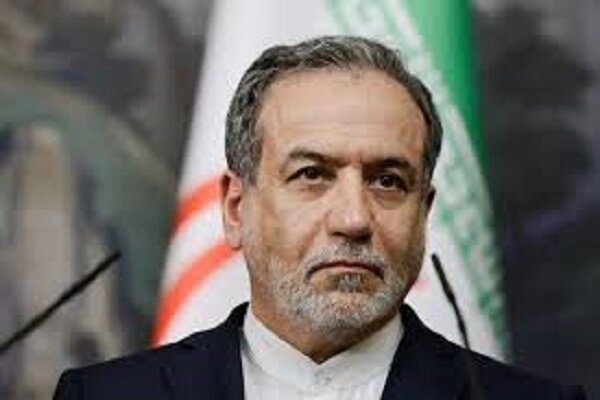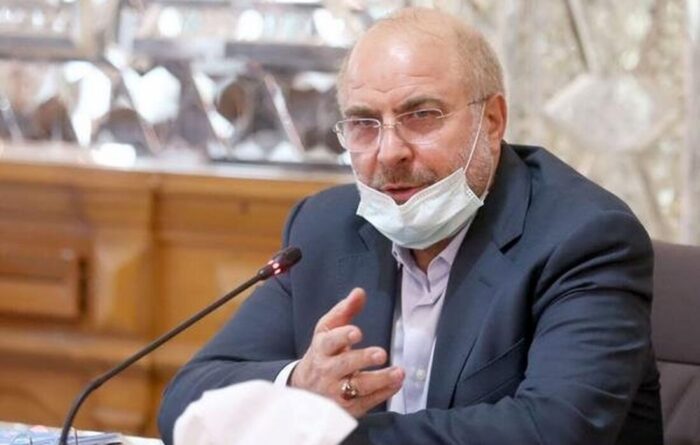
The speaker of the Iranian parliament announced the enrichment of 17 kg of uranium with 20% enrichment in the past month, and the spokesman of the Atomic Energy Organization also announced that a thousand IR-2M centrifuges will be installed in Natanz.
According to DayliNews , Mohammad Baqer Qalibaf, the speaker of the parliament, said on a visit to Fard’s website on Thursday, February 30: Enriched; “That means we are ahead of schedule.”
Qalibaf also said that the installation of IR-2M centrifuges has progressed.
He added that the other parties to the UN Security Council did not fulfill their obligations, and that the Islamic Republic has no obligation to abide by its obligations.
On January 6, government spokesman Ali Rabiee announced that the process of producing 20 percent enriched uranium had begun at the Fordow nuclear site.
Iran’s move follows a law passed by the Islamic Consultative Assembly that would increase uranium enrichment, and “if sanctions are not lifted for two months, the government will have to suspend the voluntary implementation of the Additional Protocol.”
In response, the European Union said Iran should immediately reverse its recent decision to increase uranium enrichment by 20 percent and give international diplomacy a chance to safeguard the 2015 nuclear deal.
Israeli Prime Minister Benjamin Netanyahu also called the move “in line with the regime’s goal of developing a military nuclear program.”
Rafael Grossi, director general of the International Atomic Energy Agency, has previously said that Iran is making “very rapid” progress and access to 20 percent uranium enrichment, with only a few weeks left to revive the IAEA Board.
Earlier, Reuters reported that according to a confidential report by the International Atomic Energy Agency, Iran plans to install three more waterfalls of advanced IR-2M centrifuges at the Natanz enrichment complex.
Behrouz Kamalvandi, a spokesman for the Atomic Energy Organization, said on Thursday that three thousand IR-2M centrifuges would be installed in Natanz three months ago.
Ali Akbar Salehi, the head of the Atomic Energy Organization of Iran, also announced on January 7 that a second generation of centrifuges would be installed.
According to the Borjam agreement, Iran can only use the first generation of IR1 centrifuges to enrich uranium to a certain extent.

